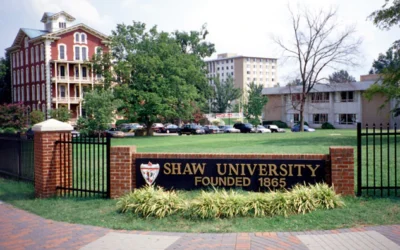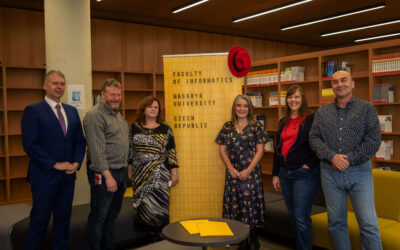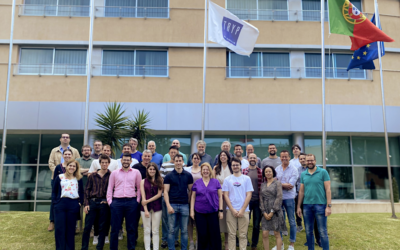As part of a pilot initiative at the Open Source Technology Lab (OSTL), Red Hat, UMass Lowell, and Intel announced the outcome of a collaboration to showcase the readiness to deploy vRAN workloads at scale, from both a COTS hardware and open container standard software perspective. The demonstration was conducted through an independent third party, adding credibility and objectivity to the validation process. The demonstration used the Dell 16G XR5610 and Dell XR8000 platforms, powered by 4th Gen Intel® Xeon® Scalable Processors with Intel vRAN Boost®, along with Red Hat OpenShift® Container Platform. The details can be found in their report, “FlexRAN™ on Intel Processors with RedHat Enterprise Linux.”
The Open Source Technology Lab (OSTL), housed at UMass Lowell, is a university-industry collaborative that conducts open-source software testing, validation, and performance evaluation on emerging hardware platforms, facilitates collaborations and innovation, and enables crucial experiential learning opportunities to educate the future workforce. Red Hat and Intel are founding members.
Rashid Khan, founding director of OSTL and Director of Networking Platform at Red Hat, said, “The vision behind OSTL is simple yet impactful. OSTL brings together the latest cutting-edge hardware from Intel, the most advanced software and tools from Red Hat, and the exceptional talent of students from UMass Lowell. This innovative collaboration creates a dynamic environment where the future of technology is not just imagined but actively built. OSTL embodies the synergy between industry giants and academic excellence, paving the way for groundbreaking developments in the world of open source technology.”
OSTL founders anticipate that UMass Lowell students and faculty will gain from the closer connections with industry. Heidi Dempsey, US Director of Research at Red Hat, said, “Having the opportunity for Red Hat engineers to work side-by-side with researchers, students, and other industry collaborators in a lab producing independent interoperability evaluations is a wonderful demonstration of the importance of open source. We look forward to being able to expand the experiments and results from the OSTL over time.”
Looking ahead, Red Hat will also be collaborating with OSTL on edge computing, harnessing the power of Smart NICs (Network Interface Cards), and unleashing the potential of artificial intelligence, contributing to transformative solutions in the domains of agriculture, public health, and more.
Learn more
Read the Open Source Technology lab blog.
Read the OSTL report.









